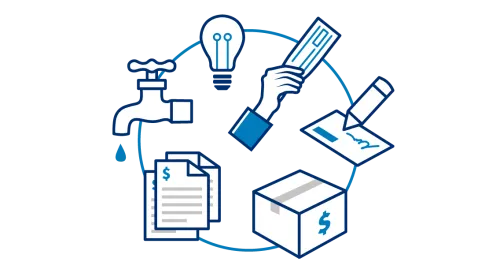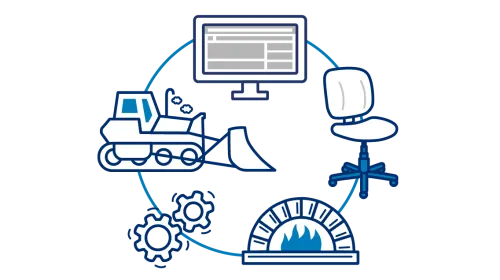
Find out which SBA-guaranteed loan program is best for your business, then use Lender Match to be matched to lenders.
The U.S. Small Business Administration (SBA) helps small businesses get funding by setting guidelines for loans and reducing lender risk. These SBA-backed loans make it easier for small businesses to get the funding they need.
SBA only makes direct loans in the case of businesses and homeowners recovering from a declared disaster . Already have an SBA loan? Find out how to make a payment .


SBA's primary program for providing long-term financing for a variety of purposes. 7(a) loans are delivered by SBA 7(a) lenders.

Long-term, fixed-rate financing available through mission-oriented, community-based SBA Certified Development Companies.

Loans of $50,000 or less to help businesses and certain non-profit childcare centers. Microloans are provided by intermediary lenders.
Loans guaranteed by SBA range from small to large and can be used for most business purposes, including long-term fixed assets and operating capital. Some loan programs set restrictions on how you can use the funds, so check with an SBA-approved lender when requesting a loan. Your lender can match you with the right loan for your business needs.

 are all fixed assets." width="500" height="280" />
are all fixed assets." width="500" height="280" />
Lenders and loan programs have unique eligibility requirements. In general, eligibility is based on what a business does to receive its income, the character of its ownership, and where the business operates. Normally, businesses must meet SBA size standards, be able to repay, and have a sound business purpose. Even those with bad credit may qualify for startup funding. The lender will provide you with a full list of eligibility requirements for your loan.
![]()
![]()

![]()
Protect yourself from predatory lenders by looking for warning signs. Some lenders impose unfair and abusive terms on borrowers through deception and coercion. Watch out for interest rates that are significantly higher than competitors’ rates, or fees that are more than 5% of the loan value. Make sure the lender discloses the annual percentage rate and full payment schedule. A lender should never ask you to lie on paperwork or leave signature boxes blank. Don’t get pressured into taking a loan. Survey competing offers and consider speaking with a financial planner, accountant, or attorney before signing for your next loan.
Most U.S. banks view loans for exporters as risky. This can make it harder for you to get loans for things like day-to-day operations, advance orders with suppliers, and debt refinancing. That’s why SBA created programs to make it easier for U.S. small businesses to get export loans.
To learn how SBA can help you get an export loan, contact your local SBA Export Finance Manager or SBA's Office of International Trade.